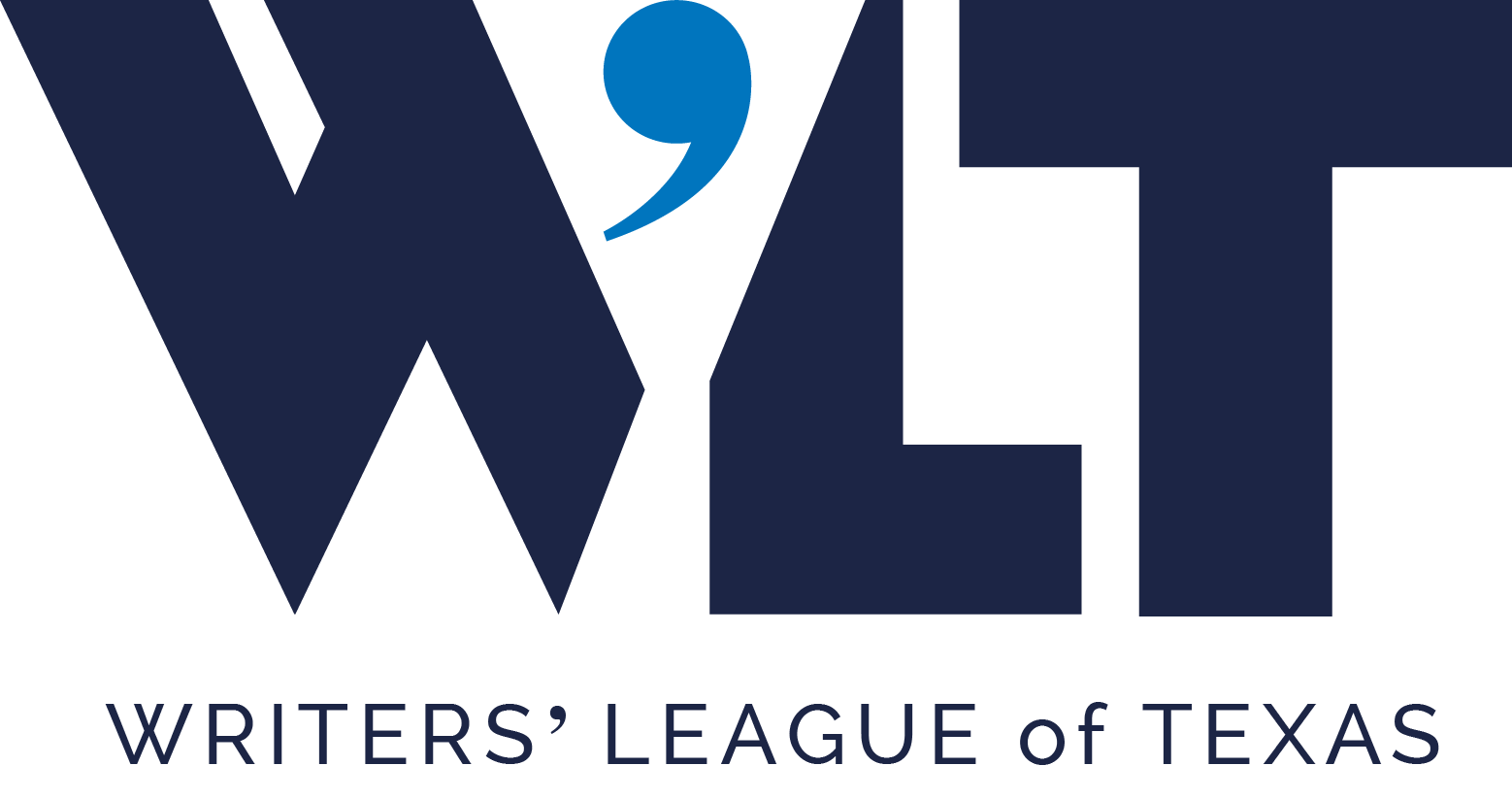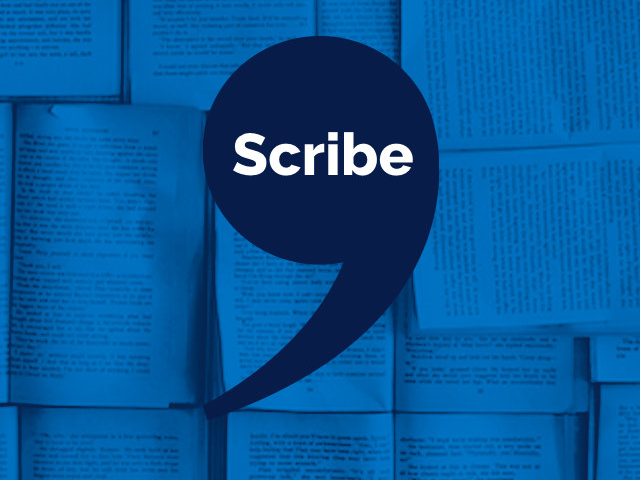“Write every day. It doesn’t matter if some days it’s just fifteen minutes. It’s important to stay in that world.”
-Claire Anderson-Wheeler
Every year, the Writers’ League of Texas brings a faculty of close to thirty agents, editors, and other industry professionals to Austin for its Agents & Editors Conference. As we look ahead to the 24th Annual A&E Conference from June 30 – July 2, 2017, we’re happy to share Q&As with some of our faculty here.
An Interview with Claire Anderson-Wheeler
Claire Anderson-Wheeler has been part of the RHA team since 2013 and previously was an agent at Anderson Literary Management, New York, and the Christine Green Agency, London. She is Irish and grew up in Ireland, Belgium, and Switzerland, although she was born in Washington, D.C. She holds a law degree from Trinity College, Dublin, and a Masters in Creative Writing from the University of East Anglia, UK. She represents adult fiction and nonfiction, and fiction for children (focusing on YA and MG). In nonfiction, she is looking for incisive social/political discourse from established commentators; for distinctive, well-credentialed biography; quirky historical narratives seen through an unexpected lens; “big picture” science, and unusual, thoughtful memoir (no travel writing or dating memoirs). Fiction is harder to specify, but she is open to both genre and literary writing for adults, and both contemporary and speculative fiction for children.
 Scribe: How would you describe your personal approach to working with an author?
Scribe: How would you describe your personal approach to working with an author?
Claire Anderson-Wheeler: My approach is very author-led. Different authors need different things — some want a lot of independence and solitude, others want a lot of guidance and frequent contact. So it’s different for everyone. But if there’s a common thread that feels important to every author relationship, it’s that it feels collaborative and that there is a sense of partnership in the relationship — we don’t have competing agendas here.
Scribe: What do you look for in a debut author?
CAW: Most of all, I look for a great voice, and an intuitive understanding of story — a bunch of interesting things well-described does not a story make, and some people grasp the essence of a satisfying story more instinctively than others. Personality-wise, I love to find new authors who are confident enough that they won’t throw their instincts out the window, but detached enough that they can digest constructive criticism in a fruitful way, and see me as an “insider” they can learn from.
Scribe: Do you think social media presence is critical for a successful writing career?
CAW: Not always, but it helps. It’s good to play to your strengths. If you’re a natural online, that’s great — it enables you to be part of a community, get in the know about what’s going on in the real world that you might want to be part of, and it helps you get in touch with your readers. But not everyone needs thousands of Twitter followers. It also depends on the kind of author you’re trying to be. If it’s fiction, a big social media presence doesn’t tend to be quite as crucial as if it’s nonfiction.
Scribe: If you could give writers one piece of advice, what would it be?
CAW: I’m going to cheat and give two: the first is to have a manuscript critique partner (ideally, who writes better than you do). The second is to write every day. It doesn’t matter if some days it’s just fifteen minutes. It’s important to stay in that world. If you let it into your mind every day, it will stay with you better. Inspiration won’t seem so far away when you sit down in that chair.
Scribe: Tell us about a project you took on because there was something special or unique about it, even though it wasn’t like projects you usually take on; or tell us about an exciting or proud moment in your career as an agent.
CAW: Well, there’s a book coming out from one of my authors this April — it’s called Between Two Skies by Joanne O’Sullivan, and it’s a YA debut. It takes place against a backdrop of Hurricane Katrina, and when I first read the synopsis I thought, “Hm, I don’t know — can something about Hurricane Katrina still feel that urgent and important? Will today’s sixteen-year-olds relate to something that happened over ten years ago?” But then I read the book and realized it was about so much more than one specific natural disaster. It was about what it means to lose things and how to rebuild when everything you know has changed. It was about how it feels to be a refugee in your own country — and of course, it was about love! I totally fell for the manuscript, and it was such a great reminder to me that we can sometimes be very narrow when we talk about “topicality.” Something doesn’t need to be explicitly about current events to be about current events. And as for a proud moment, I was certainly proud to see Between Two Skies pick up starred reviews from both Kirkus and Booklist just last week!
Scribe: You mention on your website that you’re looking for literature with “a meaty narrative and a confident voice;” can you elaborate a little more on what that looks like? Maybe give a few examples of recent publications that you think exemplify these traits?
CAW: For me, a meaty narrative is the opposite of those manuscripts where it feels like the main character is meditating for 250 pages. It means, for me, a plot that involves complex and intense conflicts that are external as well as internal, and an authorial approach that steers free of cliches, and creates situations that surprise the reader and yet feel “right” for the story. A “confident voice” to me means a voice that just knows who it is. It doesn’t have to be an elaborate or tricky sort of voice. It can be a very clean, unadorned sort of voice. But it should feel like a voice that the writer has settled into and isn’t trying too hard to create. Liane Moriarty is a good example for commercial fiction — the writing just flows, and you never feel pulled out of her story by feeling the author it “trying for” a certain kind of voice. Elena Ferrante is another great example at the more literary end. Reading her just feels like someone telling a story — convincing, personal, and authentic, without fuss or effort. The intensity comes from a feeling of authenticity — because the writer knows their characters inside out, is tough on them, but respects them — and not from big words or showy metaphors.
—
Thanks, Claire!
Click here and here to read our 2017 A&E Conference agent & editor bios.
Click here for more information on the 2017 Agents & Editors Conference, a weekend long event in Austin, TX (June 30-July 2) that focuses on the craft of writing, the business of publishing, and building a literary community.









